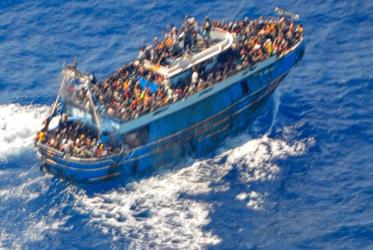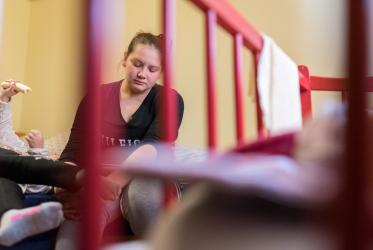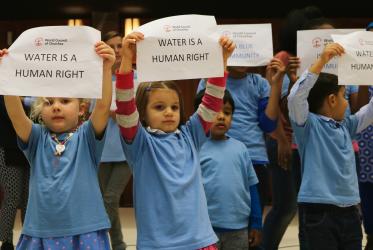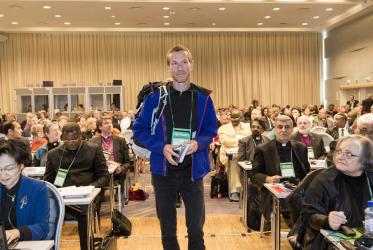Displaying 1 - 20 of 24
Ukraine: Responding to humanitarian need
08 September 2022
Churches should use their voice on climate change
26 February 2020
Fr Alexi - a peacemaker in Syria
21 December 2018
Assisi: On the ecumenical pilgrimage into a more sustainable future
03 September 2018
In Escalade race, “Pilgrims” find meaning running
04 December 2017
“What can we contribute as a worldwide fellowship?”
06 March 2017
Winners of WCC photo contest announced
09 May 2016
Tveit on the “Ten Commandments” of food
26 January 2016
Land rights focus of panel discussion
17 November 2015
















